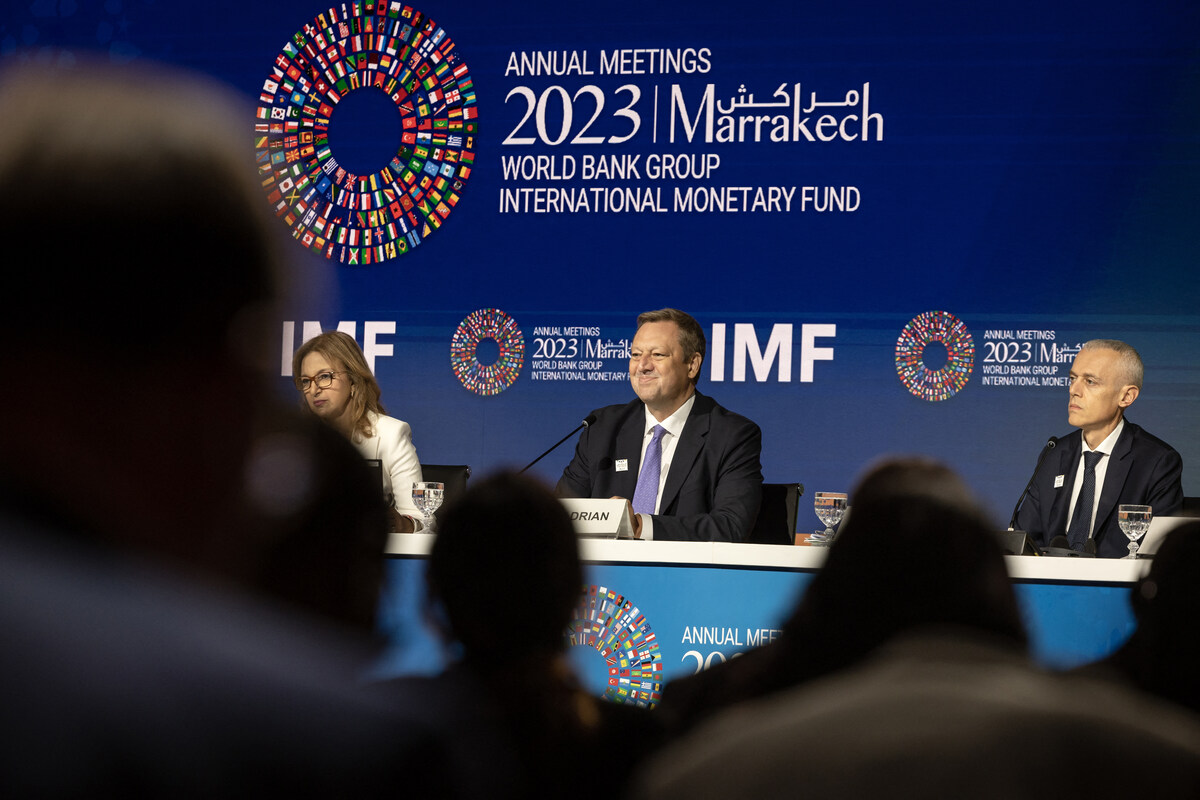Marrakesh, Morocco–The IMF and World Bank are responsible for deepening the economic inequality they are meant to address, activists from developing nations said Wednesday as the institutions held their annual meetings.
At a “People’s Alternative Global Tribunal” organized in the Moroccan city, activists testified about how the policies of the international financial institutions impacted their countries.
The court, organised by the activist group Fight Inequality, found the international financial institutions “guilty of fuelling inequality by colluding with the financial sector and powerful multinational corporations”.
It said they “pursue an economic model that is entirely flawed and favours political and financial elites” and called on them to “stop working for the richest and start working for the rest”.
The jury and audience members called the World Bank and International Monetary Fund “the biggest scam of the century” in the verdict read by Bhumika Muchhala, a researcher and analyst who has advised developing nations on sustainable development.
The International Monetary Fund helps governments that find themselves in tough financial situations, but requires in exchange economic policies that are often seen as controversial when local social welfare programmes are cut and currencies sink in value.
The World Bank provides development aid, but is often seen as a slow and cumbersome lender.
Both institutions, which underpin the post-WWII global financial system, are holding their first annual meeting in Africa in half a century. Reform to help better serve developing nations is on the agenda.
Zambian farmer Clare Chobela Mukupa said holding the meetings in Africa was an opportunity to promote a movement to combat inequality and promote sustainable development.
“This opportunity has been missed,” she told AFP.
She complained about the “impossible conditions” they impose on their funding and loans.
“This has created deep inequality and injustices especially for the poor,” she said, calling on the IMF to cancel the debts owed to it by her country.
Debt cancellation is a subject the institutions and donor nations have tried to address in recent years the Covid pandemic disrupted the global economy.
Ivory Coast Finance Minister Adama Coulibaly on Tuesday called for cancelling the debt of the poorest and most vulnerable nations.
“We’re warning about a debt crisis that could stifle sustainable and inclusive growth,” he told a press conference.








